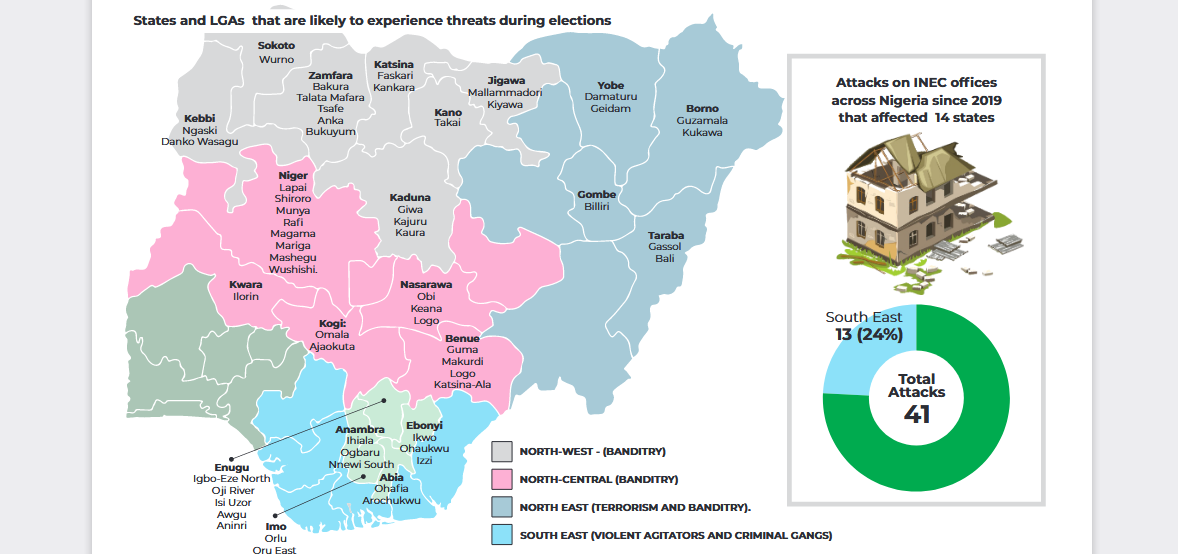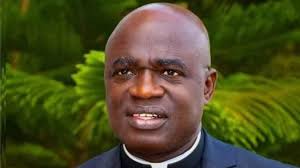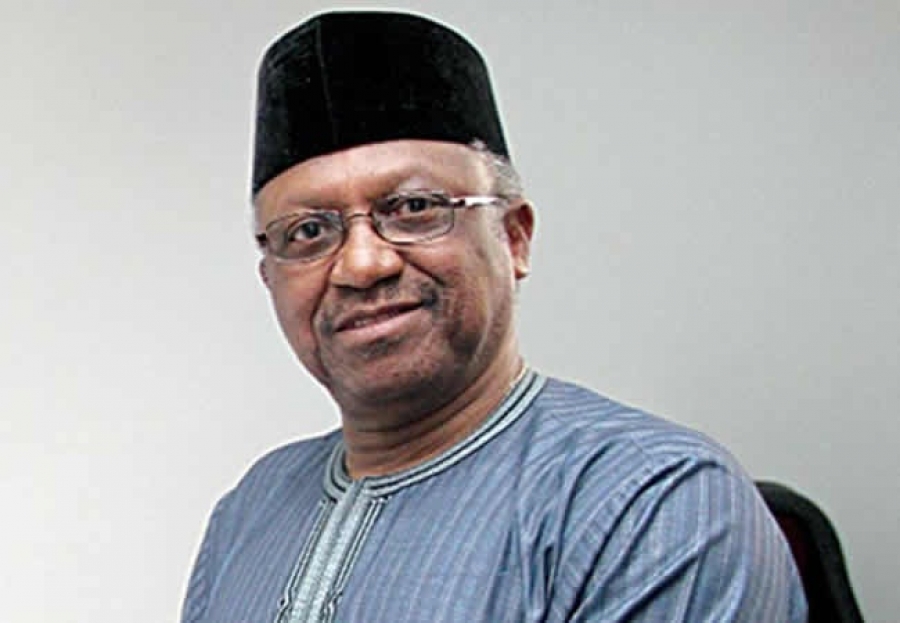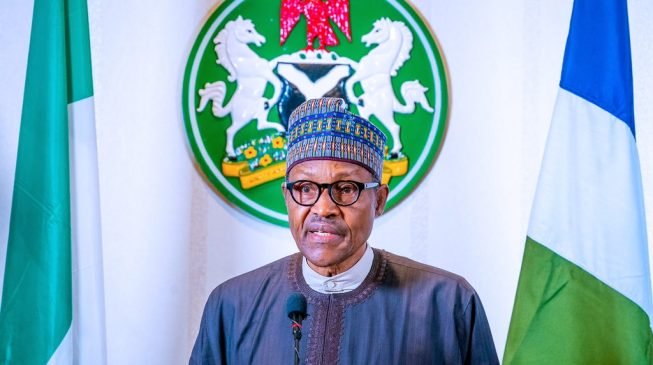2023: Here are 107 communities where elections are endangered

By Daniel Adaji
Key points:
- Bandits, terrorists and secessionists have continued to unleash terror few days to the elections
- In many rural communities there will be voter apathy for fear of bandits and terrorists
- Security forces may be deployed in highly volatile communities
- What the law says INEC must do if there is violence
- Why violence may not stop winners in elections from emerging
On Thursday, February 2, 2023, about 23 days to the presidential election slated for February 25, bandits invaded villages in Bakalori and Kankara Local Government Area of State, killing as many as 84 persons.
The victims had gone into the forest to recover their cattle, earlier rustled by the bandits who have made life unbearable in the agrarian communities. Unfortunately, the bandits had laid an ambush for them, killing four score and four.
In Niger State, which is hundreds of kilometres away from Katsina State, bandits unleashed mayhem on Kafin-Koro in Paikoro local government area, setting ablaze the house of Catholic Father Isaac Achi of Sts Peter and Paul Catholic Church in the community. Father Isaac lost his life, while another priest was severely injured.
Bandits had been raiding communities in Niger State in the last three years, in spite of efforts by security operates to curtail their activities.
Katsina and Niger States are just two of 21 states that are now flashpoints in the forthcoming elections due to the deadly activities of bandits, terrorists and secessionists. The activities of these violent elements led to the death of about 508 persons in the month of January, 2023 alone, less than two months to the general elections.
As the 2023 general elections draw near, there are concerns about the safety of voters in some parts of the country due to escalating violence.
The Chairman of the Independent National Electoral Commission (INEC), Prof Mahmood Yakubu, last year said insecurity may hamper elections in the North-West and South-East states, though he modified the statement, by saying the electoral umpire was prepared to conduct the 2023 elections, in spite of the unabated insecurity.

Yakubu said the insecurity in the country was disturbing, though, noting that the security challenge, which was hitherto restricted to the North-East region in the 2015 elections, had now spread to other parts of the country.
For over a decade now, Nigeria has battled the Boko Haram insurgency in the North-East. But the spate of violence has metamorphosed to include banditry in the North-West and North-Central, while senseless killings in the South-East are allegedly perpetrated by Eastern Security Network (ESN), the militant arm of the outlawed Indigenous People of Biafra (IPOB).
According to INEC, over 41 attacks, had been carried out against its offices across in 14 states since the 2019 general elections, with the South-East recording 13 attacks. This figure is much higher now as more INEC infrastructures are being destroyed in the South-East, especially.
For over a decade now, Nigeria has battled the Boko Haram insurgency in the North-East
Many observers have noted that in the states likely to experience threats to the elections, only rural communities in local government areas are most affected. It is feared that there would be voter apathy and voter suppression in those areas during the polls.
For instance, some local governments in the North-West states are plagued by fighting between bandits, military and the local vigilante. Below are some of the areas prone to violence, where elections could be affected:
- Sokoto: Kwasare and Chacho in Wurno LGA.
- Katsina: Faskari (Ruwan Godiya, Kwai, Unguwar Samanja); and Kankara (Gatakawa, Kwanar Ali Akwati, Yar Goje, and Danmarke).
- Zamfara: Bakura (Yargeda, Nasarawa) Talata Mafara (Ruwan Gora, Ruwan Gizo); Tsafe (Mai Fara); Anka (Kadaddabe, Rafin Gero, Babban Bey); Bukuyum.
- Kano: Takai (Karfi, Unguwar Tudun Makama).
- Kaduna: Giwa (Anguwar Maiwa and Anguwar Kanwa); Kajuru (Ungwan Gamu, Dogon Noma, Ungwan Sarki and Maikori); Kaura (Kagoro).
- Kebbi Augie (Zagi, Tungar Rafi, Tungar Tudu, Keke, Kwaido, Sabongarin Kwaido, Tungar Chichira and Tattazai); Ngaski (Gafara); Danko Wasagu (Gaye, Shangal).
- Jigawa: Mallammadori (Garin Gabas); Kiyawa (Tsangayawa).
In North-Central bandits have attacked communities in local governments, creating numerous IDP camps.
- Niger: Lapai (Gulu, Kpada, Zago and Lafiyan Zago). Other highly affected LGAs include Shiroro, Munya, Rafi, Magama, Mariga, Mashegu and Wushishi.
- Kogi: Omala (Bagana) and Ajaokuta (Jidda Bassa) areas have experienced banditry.
- Benue: Guma (Tse-Sumaka, Ortese and Mkoho); Makurdi (Anune, Tiortyu); Logo (Mchia) Katsina-Ala (Shitile, Shikaan, Mbagena Kpav.
- Nasarawa State: Obi (Gidan Ityotyev); Keana (Gidan Sule) Logo (Tse-Ibor, Tse-Igbakyor, Akwana and Ayinbe)
- Kwara:
In the North East, terrorism and banditry have affected most states and forced millions out of their homes.
- Gombe: LGs affected include: Billiri (Pobawure and Amtawalam).
- Borno: Guzamala and Kukawa LGAs in Borno North Senatorial District are completely overwhelmed by terrorists.
- Yobe: (Geidam).
- Taraba: Gassol (Karekuka); Bali (Mubizen)
In the South East, the states where elections may require special support due to clashes between security forces and violent agitators and criminal gangs, include the followings:
- Abia: Ohafia LGA (Ebem, Amangwu communities); Arochukwu LGA (Arochukwu town).
- Anambra: Ihiala LGA (Orsumoghu, Azia, Lilu, Ogbaru LGA (Atani, Amiyi, Ochuche); Nnewi South LGA (Osumenyi, Amichi, Ezinifite, Unubi).
- Ebonyi: Ikwo LGA (Ekpoamaka, Ekpelu); Ohaukwu LGA (Nduegu Achi), Izzi LGA (Ekwa-Oku).
- Enugu: Igbo-Eze North LGA (Kpamte, Enugu Ezike, Oji River LGA (Arum-Inyi), Isi Uzor LGA (Eboh, Umujiovu, Eha-Amufu), Awgu LGA (Awgu); and Aninri LGA (Nenwe).
- Imo: Orlu (Omuma, Mgbidi), Oru East (Awomama, Otulu), Oguta (Izombe), and Orsu (Awo-Idemili).
It is feared that there would be voter apathy and voter suppression in those areas
However, by the provisions of Section 24 of the Electoral Act, 2022, as amended, threats to the election could only cause a postponement and not a cancellation of elections. The postponement would grant the electoral umpire the room to arrange for safe polling in the affected areas.
In all INEC has a great role to play in this election
The law further provides that if the Commission is satisfied that the result of the election will not be affected directly by the conduct of elections in the areas affected by violence, it could declare such results and not conduct fresh polls.
Section 24(2) holds that “where a date has been appointed for the holding of election and there is reason to believe that a serious breach of the peace is likely to occur if the election is proceeded with on that date or it is impossible to conduct the elections as a result of natural disasters or other emergencies, the Commission may postpone;
Sub-section 3 “where an election has commenced and there is reason to believe that there is or has been substantial disruption of election in a polling unit or constituency or it is impossible to continue with the election occasioned by threats to peace and security of electoral officials and materials, the Commission shall suspend the election and appoint another date for the continuation of the election or the process;
Sub-section (4) reads that “where the Commission appoints a substituted date in accordance with subsections (2) and (3), there shall be no return for the election until polling has taken place in the area or areas affected.”
Sub-section (5) “notwithstanding subsection (3), the Commission may, if satisfied that the result of the election will not be affected by voting in the area or areas in respect of which substituted dates have been appointed, direct that a return of the election be made.”
Nnamdi Ahaiwe, Esq, commenting on the implications of insecurity on 2023 elections said, the provision implies that elections would hold in most parts of the country and that everybody eager to exercise their mandate, would be able to do so.
“I don’t see the insecurity affecting anything. The impact in the South East, for instance, would be minimal because security operatives of all kinds usually take-charge during elections,” he said.
Similarly, Hamid Ajibola Jimoh, Esq, said the provisions cited in the law are subject to the provisions of Section 24(5) and (6) which brings the discretion of INEC into it, in terms of determining at what point to call the result.
“In all INEC has a great role to play in this election, regardless of areas where the election did not hold,” he said.
“If the insecurity-affected areas are in the minority, it may not have any consequence on the final result of the election as the results in most parts of the country would be enough to declare the winner.”
Jimoh added that sub-section 6 provides for a legal challenge if the winner is not satisfied with the discretion exercised by INEC under Section 24(5) of the Electoral Act.
The Insight Report
Nigeria Coverage



